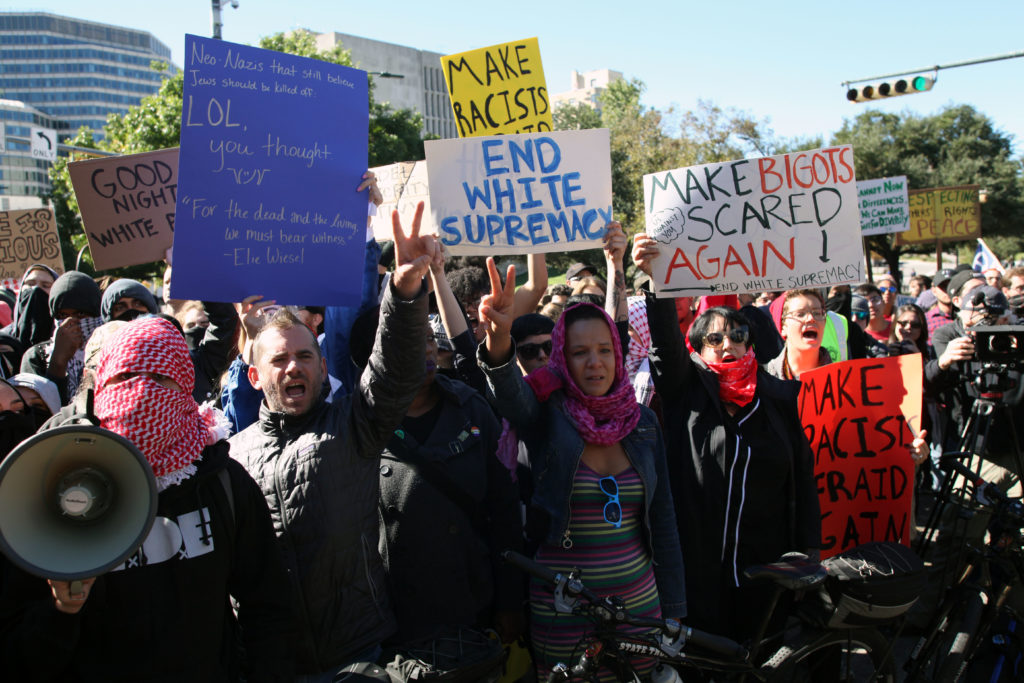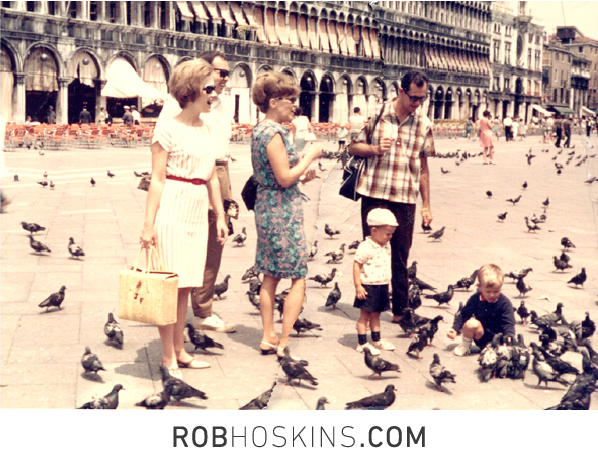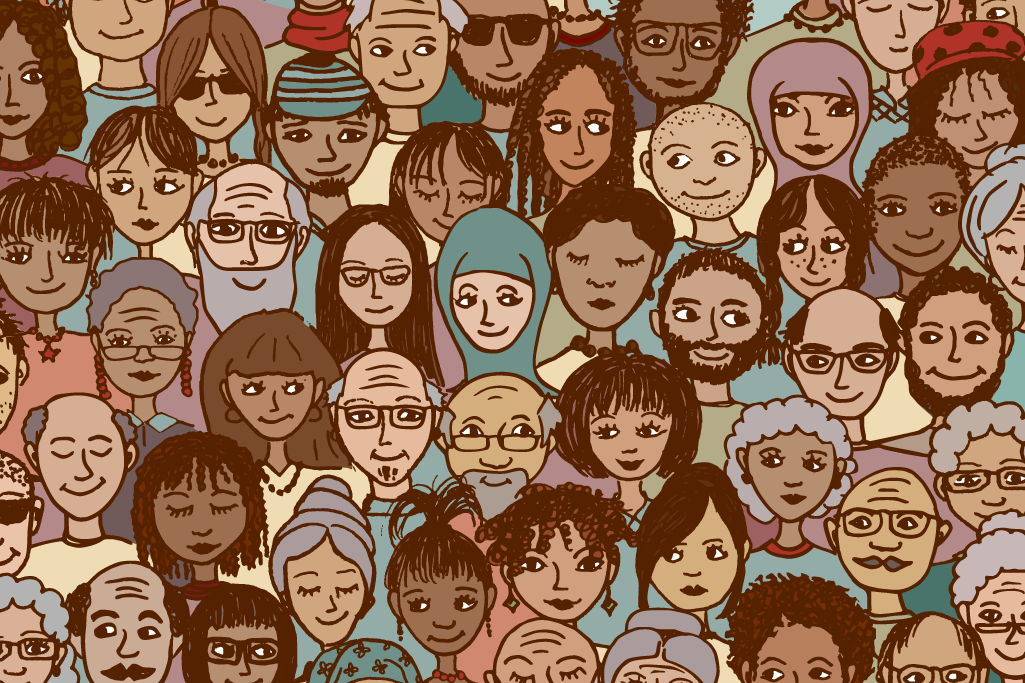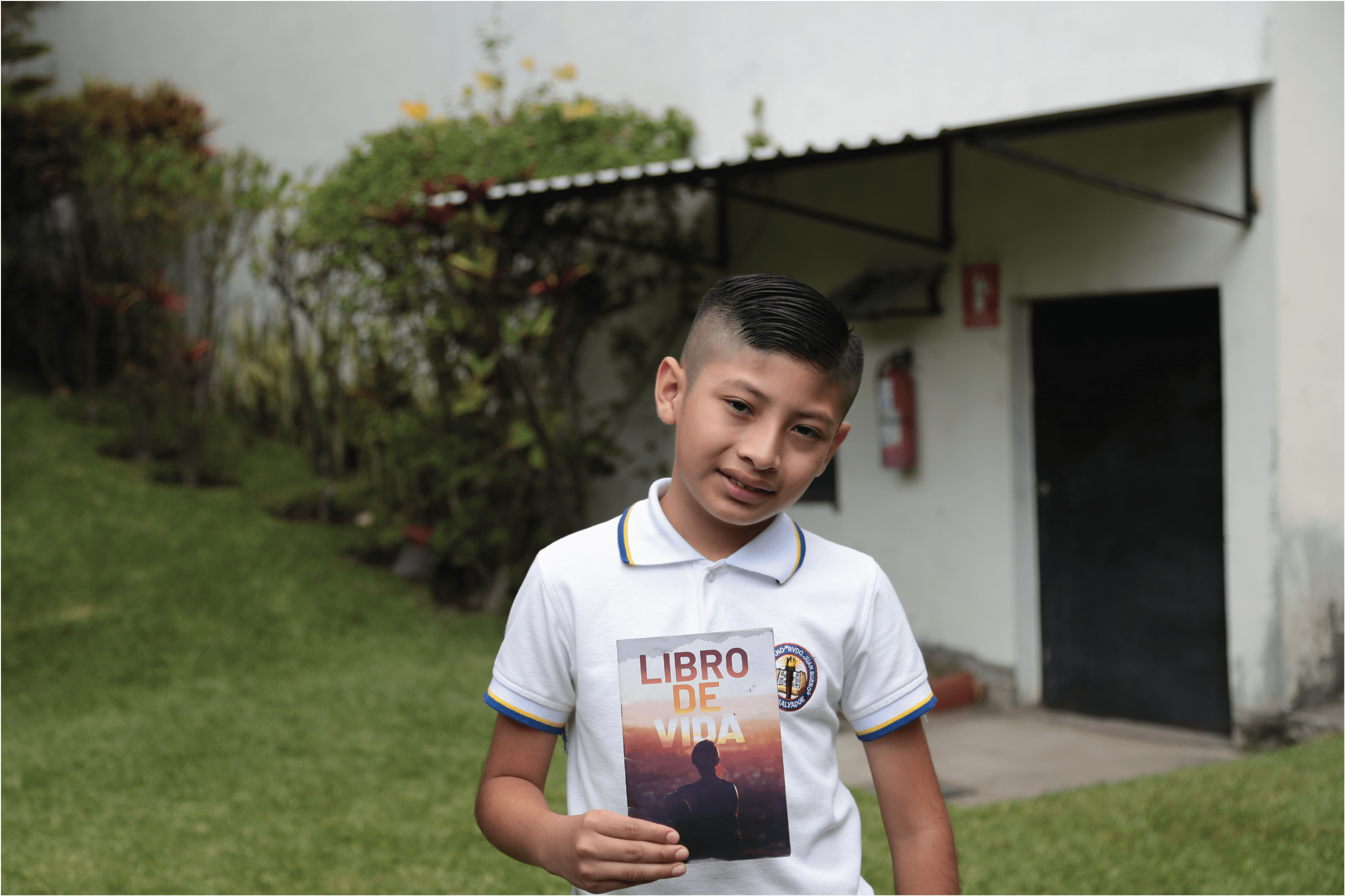“Perhaps the most powerful weapon we have, in having significance in our life and an impact on the world, is the love we have for each other.”- Rob Hoskins
Discussing race, cultural diversity, and equality can be a harrowing ordeal because of all the differing perspectives and opinions on these topics. Especially on the heels of yet another racially charged attack, this time in Charlottesville, VA. Yet, regardless of the challenges to navigate, these are necessary conversations to have if we desire to see wrongs righted, hurts healed, and a Church that reflects the heart of God.

Austin, Texas, USA – November 19, 2016: Counter-demonstrators protest a ‘White Lives Matter’ rally just south of the Capitol grounds. The ‘White Lives Matter’ demonstrators, numbering about 20 people at the most, came from Houston with the message that the federal hate crime law is unfair to white people.
When tragedies happen and the topics of race and equality come up, people tend to say things like, “I don’t see differences. I see everyone as equal,” or, “I am color blind. The color of a person’s skin doesn’t matter to me.” While I understand the sentiment behind such statements – you don’t judge people based on their skin color – I feel this kind of thinking is causing more harm than good.
Yes, everyone is equal in worth regardless of who they are and where they come from – we are all created equally valuable and worthy of the love and life of God. However, there are many beautiful differences we need to be willing to acknowledge, see, and appreciate if we are going to be able to genuinely move towards others who are different from us.
“Jesus made it clear that our primary calling is that we are to be yeast and salt baked into the bread of culture – not separate loaves.” – Rob Hoskins
When we say we see everyone the same regardless of skin color or cultural differences, we are discounting the awesome ways God created us as unique persons and people groups with our own specific purposes, gifts, and ideas. Desiring to see everyone the same ultimately implies more value is placed on agreement and sameness than on differences or diverse ideas and thoughts.
If we desire to grow in our understanding of others and of God, we need to be willing to move toward differing ideas, cultures, and perspectives – and allow them to change us in healthy, God-ordained ways, without fear.

I grew up in a missionary family. I spent my childhood years living in Europe and the Middle East, and traveling the globe. One of the most beautiful aspects of being blessed with this amazing opportunity was being able to learn from all the different cultures I experienced. My mom and dad always encouraged us kids to immerse ourselves and truly appreciate all the ways these myriad cultures were different from our personal experiences and understanding. I was taught from a young age to surround myself with diverse people, cultures, and ideas so as to not find myself limited in my understanding of the world around me – and, even more importantly, my understanding of the Big God who created all of it.
Bishop Will Willimon said:
There is no area in American society (education, incarceration, income, preaching, and so on) where racial disparity isn’t operating. Martin Luther King Jr. could not have known how we would abuse his hope that we will not be judged by skin color but by character. King said nothing about blindness being a virtue. Jesus never praised blindness; on notable occasions he healed it. When whites claim, “I am color-blind in my dealings with others,” it’s usually an indication of our ignorance of how we have been thoroughly indoctrinated into race. It’s like saying, “I am sinless,” meaning, “My sin is so dominant in this society that it just seems normal.”¹
God transcends culture, and the Church should reflect that in its makeup. It’s not only okay to notice differences – it is imperative we notice differences.
[Tweet “God transcends culture, and the Church should reflect that in its makeup.”]
For pastors and leaders in the Church it is even more important to have a healthy understanding of cultural differences. When you look at the people in your pews, ask yourself if your congregation is as diverse as your locale. The truth is, there are many churches across the U.S. whose congregants are culturally homogenous even though most pastors desire a more multi-cultural representation among their congregation/denomination. For most, it’s not a question of “why” they need to focus on creating space for a congregation that best represents the area they live, it’s more a question of “how and where to start.”
Once we acknowledge our need to move towards differences, we then need to actuate practical ways to do it.
The first step is making a conscious decision to move towards those who are different from us instead of withdrawing or avoiding in fear. It seems simple, but is challenging to do because it requires us to step out of our comfort zone, draw near to people who are different than us, and ask questions. We need to be willing to enter into conversations with the goal to listen, learn, and hear, and not just to be heard ourselves. As church leaders, we need to be intentional to directly pursue a congregation that represents our community and allows for differences.
A critical component of creating a diverse church community is to understand our need for a variety of ideas, thoughts, and cultures in order to get a fuller picture of who God is and how He loves. We need diversified thoughts and opinions from various cultures and backgrounds in order to grow and mature. When we implicitly or explicitly require new congregants to assimilate to the existing church culture instead of allowing their differences to inform and change the way we operate, then we are essentially creating a church made in our own image – designed for our comfort and not for mature growth.
Focusing on the uniquenesses we all bring to the Church will move us away from a presumptive response and instead move us into a learning response. Having a learning response creates space to be curious and cultivate our desire to gain understanding instead of just trying to be heard and understood ourselves. When we fear difference and don’t allow ourselves to be curious, we can end up making assumptions about a large group of people that simply aren’t true. To have the heart of God is to have a heart of love. At salvation, God changes our heart to be like His, and to love ALL of His people.
You can’t truly love someone without loving their differences. When we set out to change others to be more like us, we stunt our own growth, we stunt their growth, and, worse, cause hurt and pain.
[Tweet “You can’t truly love someone without loving their differences.”]
I am grateful for the ways that different cultures, races, and ideas have informed my understanding of God and how He has created us with our own unique gifts, talents, and thoughts. God knew what he was doing when He made us different from each other. If we were all the same, then we wouldn’t need each other. When we don’t seek out diversity, we stand stagnant in our self-created echo chambers – preaching to the choir. However, when we truly value and pursue people with different backgrounds and cultures, we begin to see how deeply and richly we need each other. Why be blind to color when God has so intricately created an exquisite tapestry to behold?

[Tweet ““We attract who we love not just who we are” -@stovallweems #diversity “]
-
Will Willimon, “Racism: A Peculiarly American Sin,” A Peculiar Prophet: The Blog of Will Willimon, January 17, 2017, accessed August 4, 2017, https://willwillimon.wordpress.com/2017/01/17/racism-a-peculiarly-american-sin/



